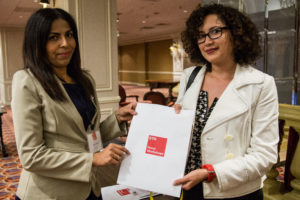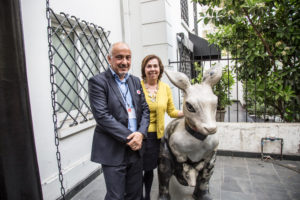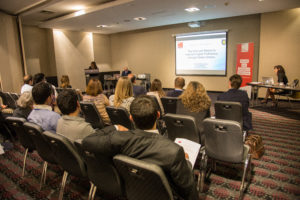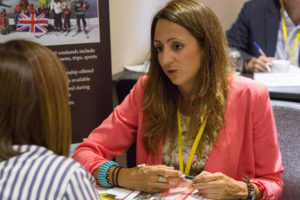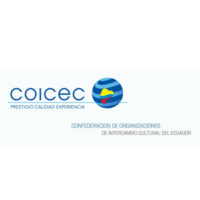Trust: How to Inspire It In Your International Students?
Trust is a concept that is usually not discussed on campus. International students trust educators to provide them with skills and knowledge, and educators trust the students that they will do their best to actively participate.
Most of the time, this topic only comes up when there is a case of plagiarism or fraud.
But should we just ignore the topic and think it’s a default?
Harvard Business Review recently opened up the same question about trust in the workplace. Are we doing enough to facilitate this dialogue? Is it a value that needs to be discussed? According to the article, 37-55 percent of CEOs are concerned about the lack of trust in the workplace. This is directly correlating with the bottom line: leaders that do not trust their employees tend to micromanage, triggering the fact that employees being micromanaged are performing worse.
How is this relevant to trust on campus?
Imagine a daily situation: a student doesn’t turn in the paper on time and gives some vague reason why. The lecturer has two options: to believe what the student is saying and postpone the deadline, or not to trust the student and assign him/her a poor grade.
Either way, this situation is a negative experience for both the student who might have prepared poorly and the lecturer who cares about his course.
Is it a problem of trust?
We believe it is. First of all, the student planned their time poorly and didn’t manage to keep up with the deadline. On the other hand, deadlines are a form of micromanaging. If the lecturer has enough trust in their students and knows that their priorities are in tact, they will not need to spend time on providing deadlines. Learning has intrinsic motivation – the end result is not a paper, it’s knowledge, achievement and personal improvement. If that is the stepping stone, a key value on campus, then deadlines become irrelevant and students are motivated to work on their projects, create proper time-frames and have an end result that they want to show as fast as possible and put into use in the real world.
So overall, it’s a problem of trust and structure
What we as education managers can do to provide a better environment for both international students and lecturers?
- Set proper challenges. The goal of the course should not be a paper – it must be a practical project that students can adapt and share, sell or show in the real world.
- Mentor, do not dictate. The role of an educator these days is not to share information. Students have Google for that. Educators must train the students to be critical and be able to adapt the information in hand.
- Teach to learn. University and college is not about getting grades, it’s about getting practical and theoretical skills to understand and change the world. Trust your students to be adults who manage to work on their own terms.
What would you add to this list? Let us know in the comments!
























